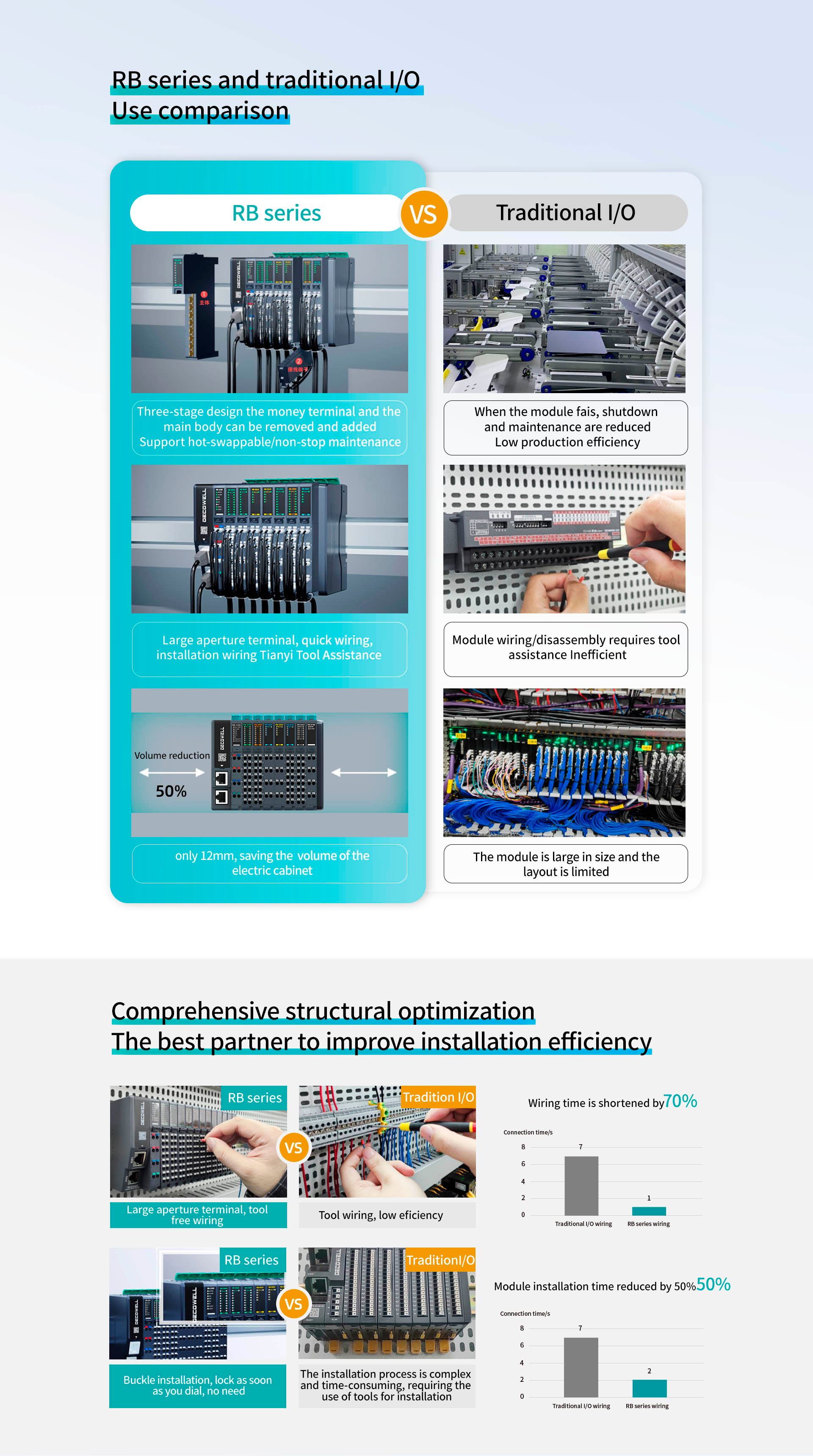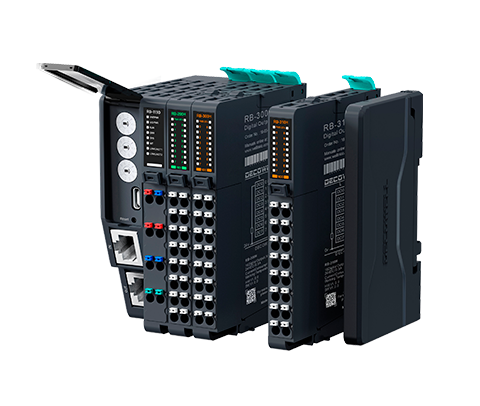In the fast-paced world of modern electronics, engineers often face challenges when it comes to managing input and output devices effectively. It’s a common scenario—engineers struggle with limited data handling capabilities that can lead to bottlenecks in device performance. This is where the io expander comes into play, a component that significantly enhances the communication between microcontrollers and peripheral devices, simplifying the process of management and control.

The Flaws of Traditional Solutions
Many existing solutions rely heavily on direct GPIO (General Purpose Input/Output) connections, which can be limiting and error-prone. Why do failures always occur during high-demand data transmissions? Traditional methods often fail to meet the scalability and versatility required in today’s applications. The limitations of GPIO pins can restrict the number of devices connected, causing a ripple effect in design complexity and increasing costs. This technical flaw has necessitated the search for more efficient solutions—enter the io expander.

Principles of New Technology
Modern io expanders utilize sophisticated communication protocols such as I²C and SPI, allowing for a broader range of device connections without the need for excessive wiring. Look, it’s simpler than you think: by offloading the input/output tasks to an io expander, designers can optimize circuit layouts and improve overall system functionality. These devices are not only compact but also cost-effective, acting as a bridge to enhance interaction between microcontrollers and additional components.
Quantified User Benefits
The transition to io expanders comes with significant advantages. Users report that implementing these devices can double the efficiency of their systems while reducing development time by up to 30%. This is especially beneficial in industries ranging from consumer electronics to automotive systems, where performance and reliability are paramount. The integration of an io expander allows for more complex projects to be executed with greater ease, thus empowering engineers to innovate rather than get bogged down in the minutiae of wiring and pin management.
Conclusion: Making Informed Decisions
When choosing the right solution for your electronic system, always verify these three metrics: ① device compatibility ② scalability options ③ communication protocol support. By considering these factors in your evaluation, you can ensure that your implementation of an io expander will be successful and beneficial in the long term.
Exploring the Benefits of Analog IO Expanders
In many applications, the analog io expander has become a pivotal component for enhanced data management. These devices allow for the seamless conversion of analog signals into digital outputs that can be processed by microcontrollers. As applications grow in complexity, engineers find themselves asking crucial questions about how to manage varying voltage levels efficiently. The use of an analog io expander simplifies this task, enabling precise adjustments and ensuring that systems operate smoothly without introducing latency or errors. By converting multiple signals using a single device, engineers can drastically reduce the footprint and overall component count in a given project.
Utilizing Input/Output Expanders for Enhanced Functionality
Input/output expanders serve as essential instruments in the toolkit of modern electronic design. They radically improve the ability to manage multiple inputs and outputs from a centralized controller. Think about the scenario where a single microcontroller is tasked with managing numerous sensors and actuators. The complexity increases rapidly, and the limits of GPIO pins quickly become apparent. In these situations, an input/output expander comes to the rescue by expanding the number of connections available, allowing for a more organized and efficient system design. It’s essential for developers to implement these devices in applications that require constant and reliable data transfers.
Ultimately, using an io expander, be it analog or input/output based, can significantly enhance the performance of electronic systems. As technology continues to advance, companies like DECOWELL lead the way in providing innovative solutions. Their expertise in manufacturing quality expanders ensures that engineers can procure devices that offer tangible performance benefits while also maintaining competitive prices. Consider DECOWELL for your next project’s requirements to take advantage of their supply advantages and reliable products.
